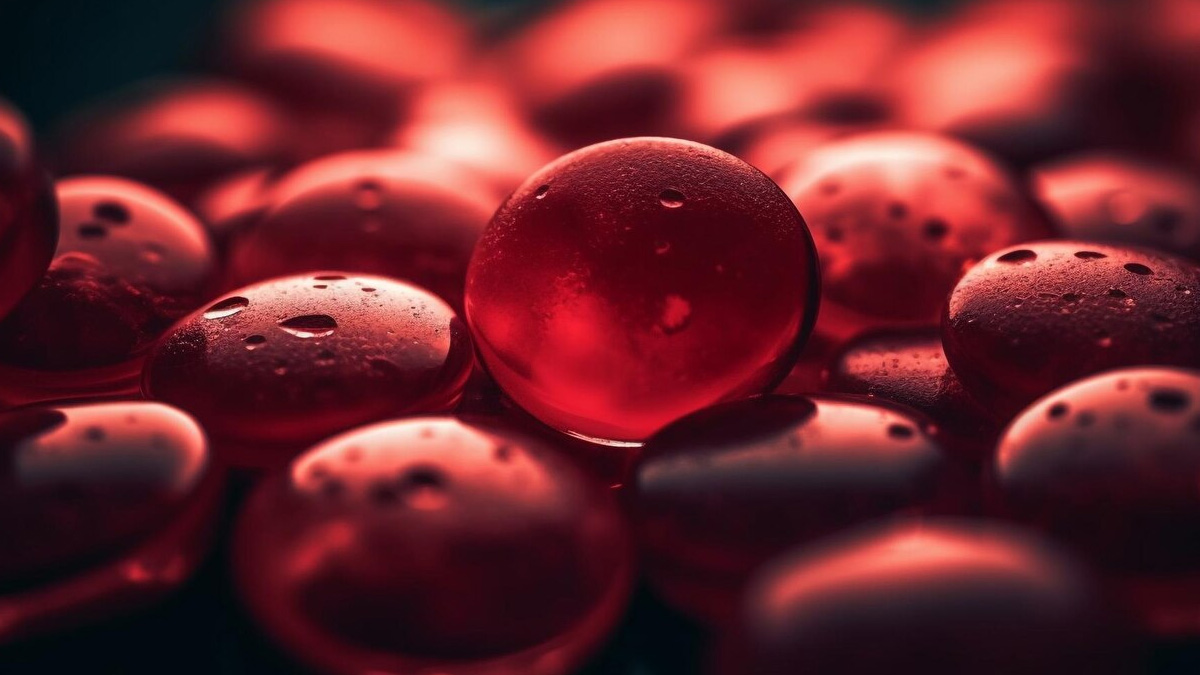
Anaemia is a blood disorder that occurs when the body has very low levels of healthy Red Blood Cells (RBCs) or haemoglobin, which are crucial for the process of carrying oxygen throughout your body. This deficiency often disrupts important functions in the body, leading to symptoms, such as fatigue, weakness, dizziness and shortness of breath, among others.
Table of Content:-
According to the World Health Organization (WHO), young children, menstruating adolescent girls and women, and pregnant and postpartum women are most at risk of developing anaemia. However, this does not mean that men cannot develop the condition. Anaemia in men is an often-overlooked problem, which is why the OnlyMyHealth team spoke to Dr Pooja Pillai, Consultant – Internal Medicine, Aster CMI Hospital, Bengaluru, to tackle the issue.
Also Read: Cold Hands And Feet Could Be A Sign Of Iron Deficiency: Why It Happens
How Common Is Anaemia In Men?

According to a 2023 study published in the Indian Journal of Community Medicine, approximately one-quarter of the world's population is affected by anaemia, of which 12.7% are men. In India, the prevalence of anaemia is 25% in men and 31% in adolescent boys, as per the report.
Dr Pillai highlighted that around 1 in 20 men may have anaemia. "In men, anaemia is often linked to poor diet, internal bleeding, or chronic illnesses. Many men may not even know they have it until they do a blood test."
Common Causes Of Anaemia In Men

In men, anaemia can happen for many reasons. “One common cause is not getting enough iron, vitamin B12, or folic acid from food,” shared Dr Pillai, adding that blood loss, often from stomach ulcers or other digestive problems, can also be a contributing factor.
Some men may have anaemia due to long-term health issues like kidney disease, diabetes, cancer, or infections. Stomach ulcers or colon problems like polyps or cancer can cause slow bleeding, leading to low iron levels. In some cases, inherited conditions, like sickle cell disease or thalassaemia, affect how blood cells work. Even low levels of hormones like testosterone can play a part.
In rare cases, the body might not make enough RBCs or may destroy them too quickly. Sometimes, heavy exercise or alcohol use can also play a role.
Given the wide number of causes, it’s important to find the exact cause so the right treatment can help bring energy and health back.
Symptoms Of Anaemia In Men
Many men may ignore signs of anaemia, thinking they’re just tired or stressed. However, if the issues are persistent, it is always advisable to consult a doctor. Some common symptoms of anaemia in men include:
- Feeling constantly tired, weak, or low on energy
- Shortness of breath even after light activity
- Feeling dizzy when standing up
- Pale skin
- Headaches
- A fast heartbeat
- Trouble focusing
- Feeling unusually cold
Dr Pillai suggested that these symptoms often creep in slowly, so men might think it’s just part of a busy life. But if they don’t go away, it’s worth getting a simple blood test to check if anaemia is the real cause.
Also Read: National Anaemia Day 2025: Why Are Women More Prone to Anaemia And Ways to Combat It
Diagnosis And Treatment Of Anaemia In Men

Anaemia is diagnosed the same way in men and women through a simple blood test that checks RBCs and iron levels. But in men, doctors often look deeper into the cause since it’s less common. “If a man has anaemia, it might be due to internal bleeding, stomach issues, or a serious illness, so extra tests like endoscopy or colonoscopy may be needed,” shared Dr Pillai.
Treatment depends on the cause with iron pills, vitamin supplements, or treating an underlying disease. Unlike women, men don’t lose blood monthly, so any drop in RBCs is taken seriously and always needs medical attention.
According to the doctor, diet plays a big role in fixing iron deficiency in men. Eating foods rich in iron helps the body make more red blood cells. Chicken and fish are great sources of iron that the body absorbs easily. Plant foods like spinach, beans, and lentils also help, especially when eaten with vitamin C-rich foods like oranges or tomatoes, which boost iron absorption.
Additionally, avoid drinking too much tea or coffee with meals, as they can block iron.
Conclusion
Anaemia is common in women, but men can be affected by this blood disorder too. A doctor recommends watching out for the symptoms, getting timely tests, and maintaining a healthy balanced diet rich in iron and other vital nutrients. If you’re unsure, it is always best to consult a doctor.
Also watch this video
Read Next
Beyond Vasectomy and Condoms: Are Male Birth Control Pills the Next Big Thing in Contraception?
How we keep this article up to date:
We work with experts and keep a close eye on the latest in health and wellness. Whenever there is a new research or helpful information, we update our articles with accurate and useful advice.
Current Version
Aug 10, 2025 18:45 IST
Published By : Vani Malik
